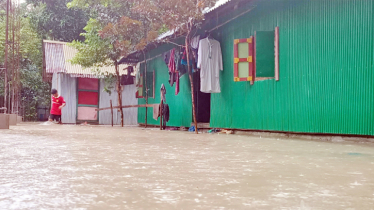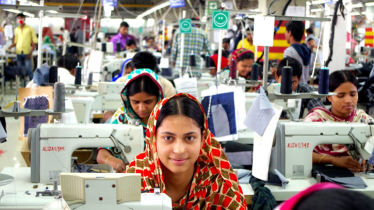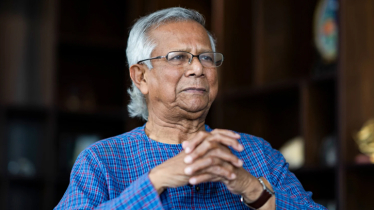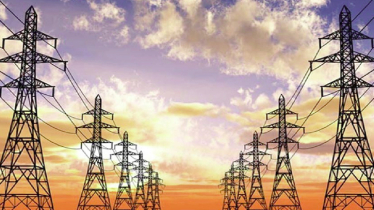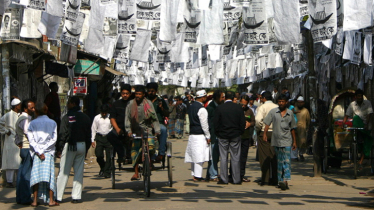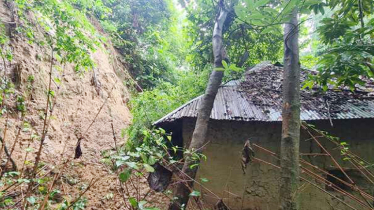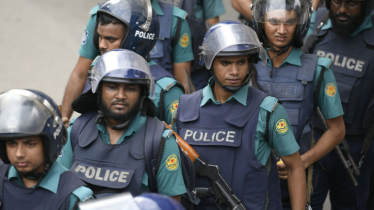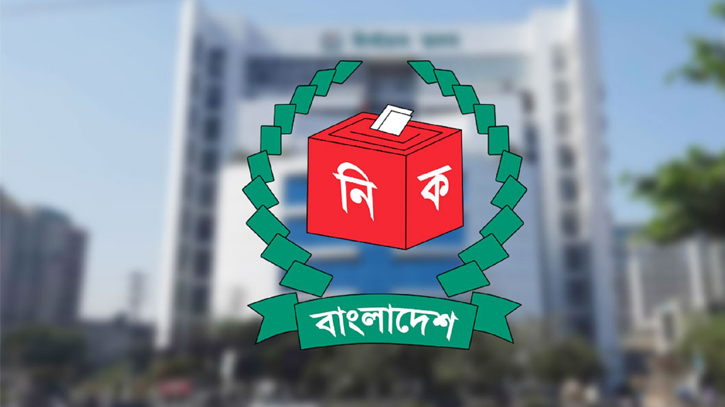
Photo: Collected
The first phase of voting for the Sixth Upazila Parishad was conducted last Wednesday. Typically, local government elections witness high voter turnout, but this time it was relatively low. Despite the peaceful nature of the polls, voter participation was minimal. According to reports, violence erupted in 40 out of 11,400 polling centers, resulting in injuries to over 50 individuals. Chief Election Commissioner (CEC) Kazi Habibul Awal stated that these incidents were isolated, and authorities have arrested 37 individuals in connection with 34 such incidents.
Polling has been suspended in two centers, with an estimated voter turnout of 30-40 percent. The election was characterised as free, fair, and peaceful. Awami League General Secretary Obaidul Quader stated that the first phase of the upazila elections proceeded smoothly without any casualties. However, BNP Standing Committee member Dr. Abdul Moyeen Khan claimed that not a single voter turned up at any center in the 139 upazila parishad elections.
According to data, the voter turnout in the 2019 upazila elections, conducted for the first time with party symbols, was 40.22 percent. The elections were held in five stages. Opposition party parliamentarians in the Jatiya Sangsad at the time commented that voter apathy in elections never bodes well for democracy. In the previous fourth upazila parishad elections in 2014, the voter turnout was 61 percent, conducted in six phases. However, in the third upazila parishad election on January 22, 2009, after the Awami League-led grand coalition government came to power, voter turnout stood at 68.32 percent. Hence, there has been a significant decrease in voter turnout in the last two elections.
In 2019, BNP and its allied parties boycotted the upazila elections for the first time, leading to a decline in voter turnout since then. This time, despite the party's decision, 75 BNP members participated in the chairman, vice-chairman, and female vice-chairman posts, resulting in their expulsion from the party. Additionally, other parties such as Jamaat-e-Islami, Islamic Shashantantro Andolon, and CPB have also refrained from participating, citing the lack of meaningfulness in the elections. Political analysts have expressed disappointment, considering the unsatisfactory turnout in the 12th National Assembly elections on January 7.
Consequently, a sense of disillusionment has surfaced within political circles regarding the Upazila Parishad elections.
This year's local government election is being conducted in four phases. The second phase of voting will take place on May 21 in 160 upazilas, followed by the third phase on May 29 in 110 upazilas, and the fourth phase on June 5 in more than 50 upazilas.
The Election Commission can undertake various initiatives to rebuild public trust in the electoral process. While it's commendable that the commission has endeavoured to make elections more competitive, increasing voter turnout and party participation has become increasingly crucial for upholding democracy, as evidenced by the pattern of upazila council elections in recent years. The Election Commission has amended certain regulations, such as conducting upazila parishad elections without party symbols and eliminating the requirement for independent candidates to submit signatures from 1 percent of voters, which analysts believe are necessary to prevent sham elections or elections with minimal participation. There is no substitute for participatory and peaceful elections in consolidating and advancing democracy in this country. It is hoped that the Commission will play a more proactive role in ensuring that the upcoming phases of the Upazila Parishad elections are fair and peaceful.
Messenger/Fameema


